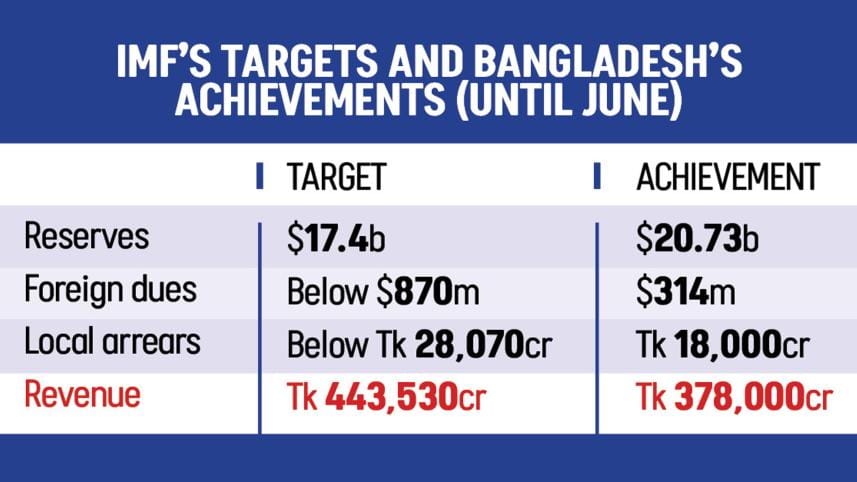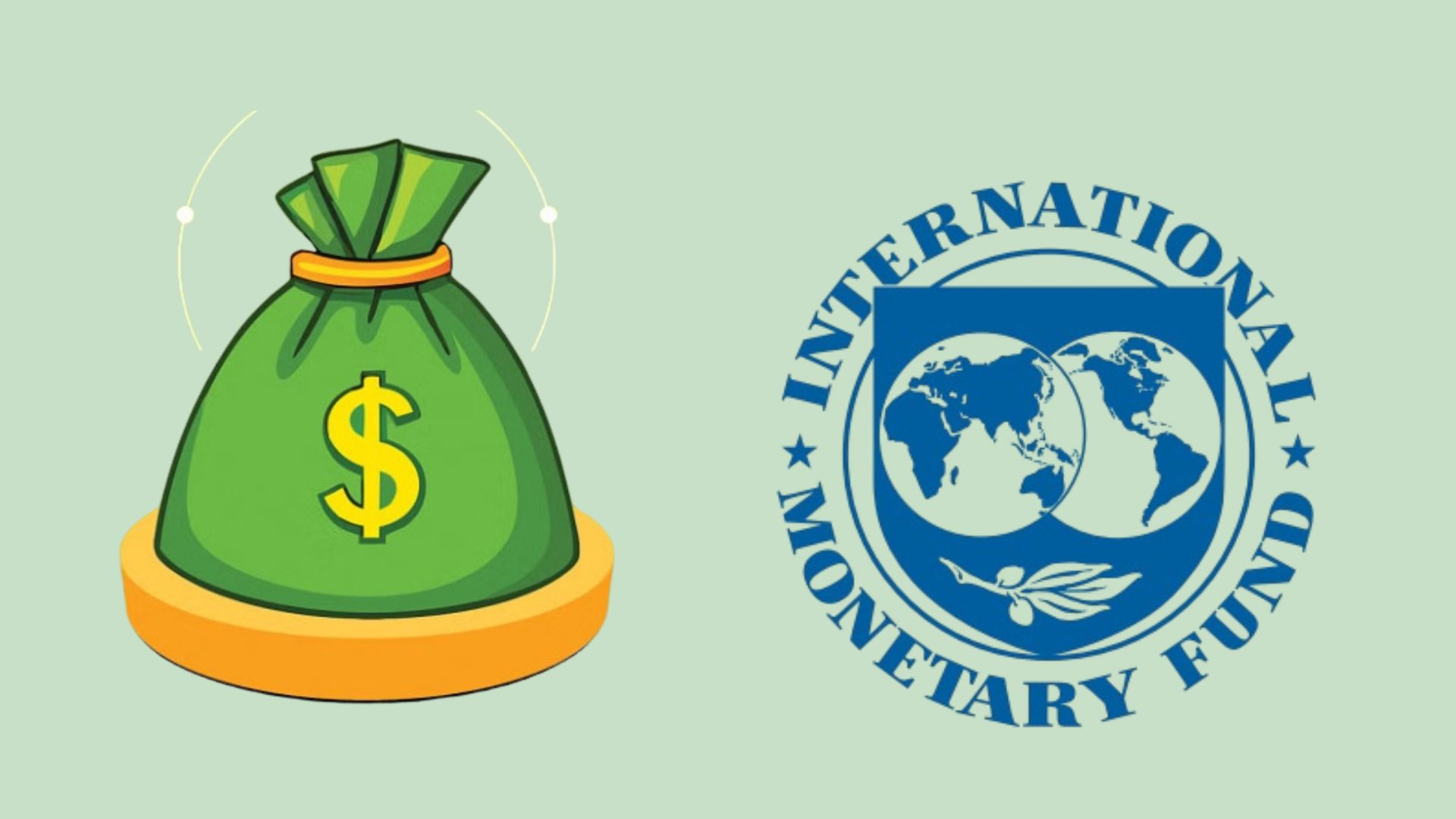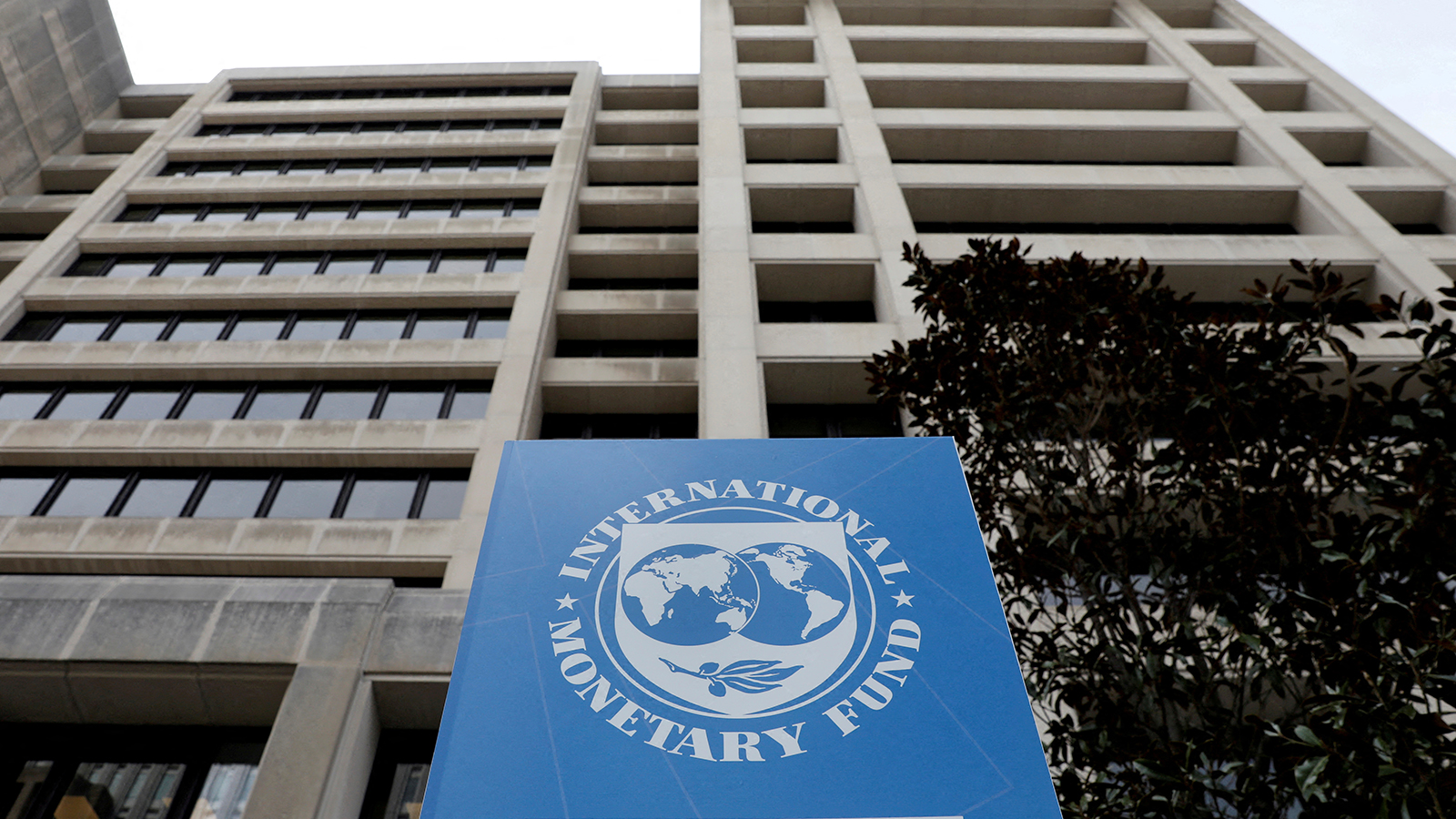$4.7 billion IMF loan: Govt meets most conditions for next tranche

Bangladesh has met key conditions like maintaining sufficient foreign exchange reserves and reducing arrears in the energy and fertiliser sectors to secure the next installment of the International Monetary Fund's loan programme.
However, it once again failed to meet the tax revenue collection target.
An IMF mission is scheduled to arrive in Dhaka on October 29 for a two-week review of progress made until June.
The IMF originally approved a $4.7 billion programme in January 2023. In June this year, it released the fourth and fifth installments, alongside a six-month extension and a $800 million top-up, bringing the total package to $5.5 billion. So far, Bangladesh has received $3.6 billion.
To unlock the sixth tranche, expected to be around $450 million, Bangladesh must meet six Quantitative Performance Criteria (QPCs), the most binding IMF conditions. Three of these were introduced in May.
Bangladesh Bank data shows that net international reserves (NIR) stood at $20.73 billion in June against the IMF's $17.4 billion target. Even in September, when the target was $18.65 billion, reserves remained above $20 billion.
The country had repeatedly failed to meet reserve targets under the previous government, as gross reserves plunged from $48 billion. But after the interim government took office in August last year, the situation reversed, with reserve targets for December and March met successfully.
Zahid Hussain, former lead economist at World Bank's Dhaka office, credited the improvement to a surge in remittances and weak imports.
"As money laundering has been stopped, more remittances are now coming through official channels. With imports being low, there has been no pressure on the foreign exchange market," he said.
He added that the Bangladesh Bank, which earlier sold dollars to meet demand, is now buying to prevent the taka from appreciating too much.
"The supply of foreign currency is more than the demand… which is gradually increasing the reserve," he noted.
Remittance inflows reached a record $30.33 billion in the last fiscal year, up nearly 27 percent, and the trend has continued.
FAILING ON TAX
Despite progress on reserves and arrears, Bangladesh failed to meet the IMF's revenue collection target.
Against a target of Tk 443,530 crore until June, revenue stood at Tk 378,000 crore. The National Board of Revenue (NBR), which accounted for 97 percent of the goal, collected Tk 370,874 crore with a growth of only 2.23 percent.
Bangladesh's tax-to-GDP ratio remains among the lowest in the world, which is why the IMF has placed the highest emphasis on raising revenue, making it a key QPC in May. Previously, revenue targets were "indicative" and relatively soft.
A senior NBR official blamed low growth, political unrest during last year's uprising, weak investment, and agitation by NBR staff over the proposed separation of the tax authority.
"In such a situation, the IMF's revenue collection target was very ambitious," he said.
Zahid Hussain said the mass uprising badly hurt July–August collections last year, while subsequent protests and weak imports further dragged revenue down.
"Since the revenue target has not been met, Bangladesh will now have to seek a waiver from the IMF," he said.
ARREARS CLEARED
Bangladesh has also met two new QPC conditions on arrears to state-owned enterprises (SOEs) in the energy and fertiliser sectors.
By June, foreign dues were required to be below $870 million and domestic arrears below Tk 28,070 crore.
Foreign arrears stood at $314 million and local Tk 18,000 crore in June, officials said.
Finance Adviser Salehuddin Ahmed last week said the government cleared $5 billion foreign dues, including to Adani and Chevron, and even $200 million in fertiliser import bills.
The $5 billion cleared in foreign dues included $3.5 billion accumulated during the previous government's tenure, a senior finance ministry official said.
On the domestic side, Tk 89,000 crore in subsidies was allocated last fiscal year to settle SOE arrears, funded by cuts to the Annual Development Programme and savings in other budget areas.
IMF CONCERNS
Besides reserves and arrears, Bangladesh has met two other mandatory conditions, according to finance ministry officials.
By June, around 18 other programme benchmarks were also due for review by the IMF mission later this month.
The finance ministry official said Bangladesh has met most of these conditions.
Even so, Zahid Hussain said the IMF may express discomfort on two issues: the central bank's dollar purchases and a recent circular on rescheduling default loans.
Since the central bank is buying dollars from the foreign exchange market to prevent the taka from appreciating too much, the IMF may ask whether the market is functioning flexibly on its own, he said.
"Bangladesh Bank is expected to argue that it no longer dictates rates at banks, unlike in the past," he said.
On banking, Zahid cautioned that while the government is trying to restore discipline, a recent circular on rescheduling default loans could "bring back some of the bad practices of the past".





 For all latest news, follow The Daily Star's Google News channel.
For all latest news, follow The Daily Star's Google News channel. 

Comments